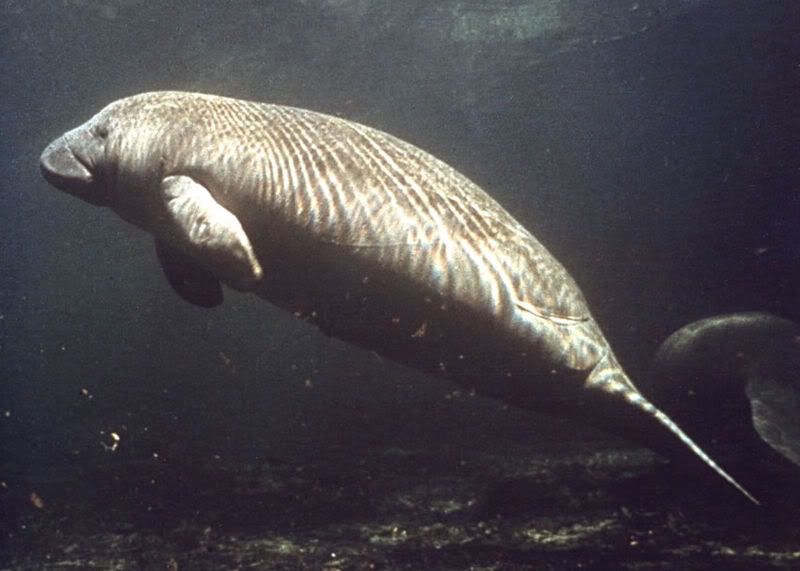
Aquatic Animal Conservation Issues is a new course offered by the University of Florida’s Aquatic Animal Health Program.
It will allow students to access the material at their convenience within a given module and introduce students who are at the upper levels (undergraduate and graduate) and professionals to some of the controversial issues surrounding aquatic animal species ranging from invertebrates to marine mammals (with emphasis on marine mammals) but also including sea turtles, fisheries, and marine ecosystems.
This is a two-credit hour course lasts 16 weeks.
It is broken into 14 Learning Modules, 13 Lecture Topics presented via MediaSite, and with access through ELearning web site via Sakai.
Reading material will be provided from:
- Conservation and Management of Marine Mammals, 1999, Eds. John R. Twiss Jr. and Randall R. Reeves (CMMM)
- Biology of Marine Mammals, 1999, Eds. John E. Reynolds III and Sentiel A. Rommel (BMM)
- Marine Conservation Biology: The science of maintaining the sea’s biodiversity, 2005, Eds. Elliott A. Norse and Larry B. Crowder (MCB)
- and current literature from assorted journals on relevant topics.
For more information visit the Aquatic Animal Conservation Issues page.


